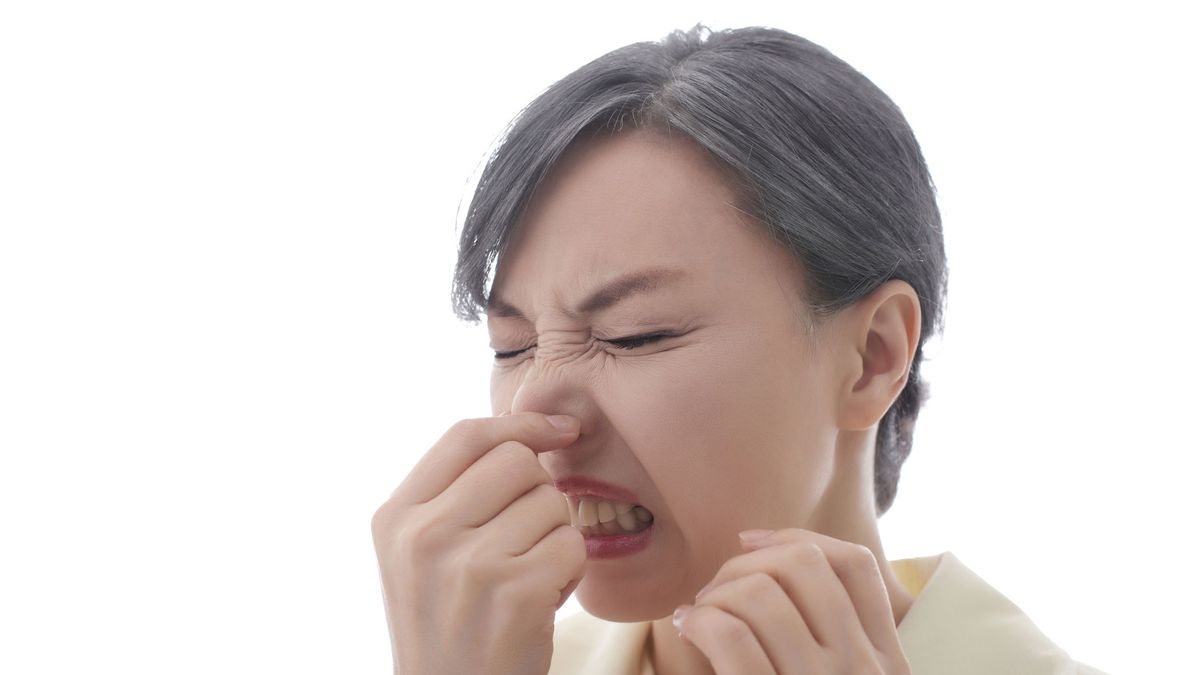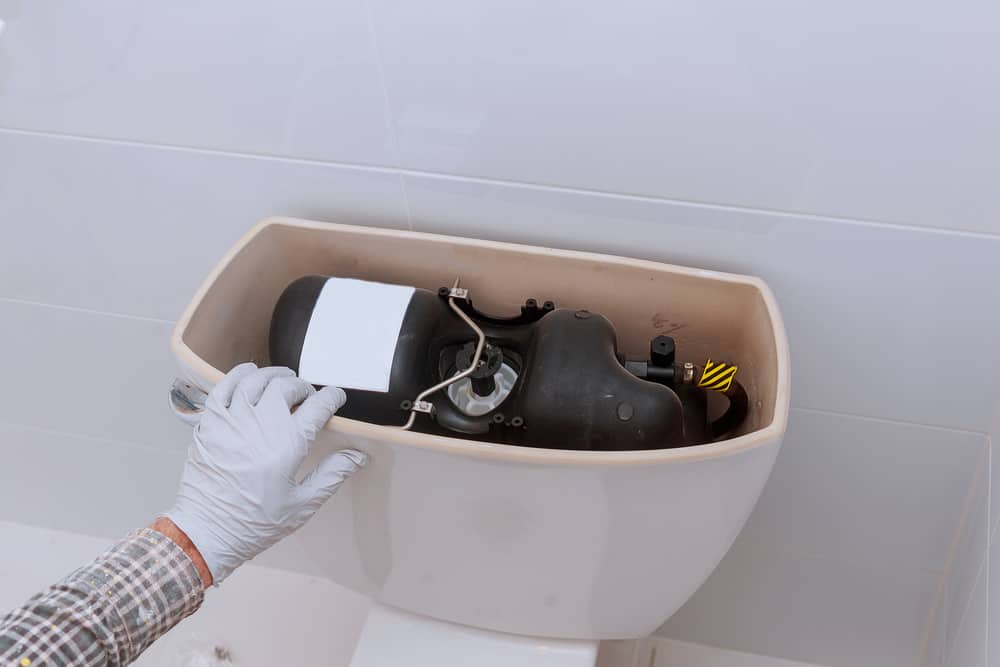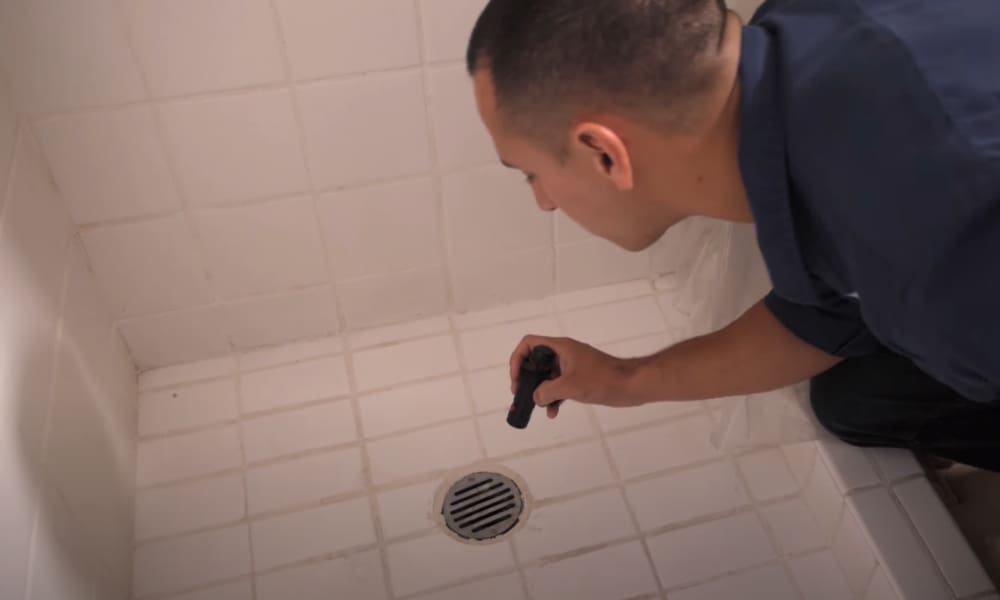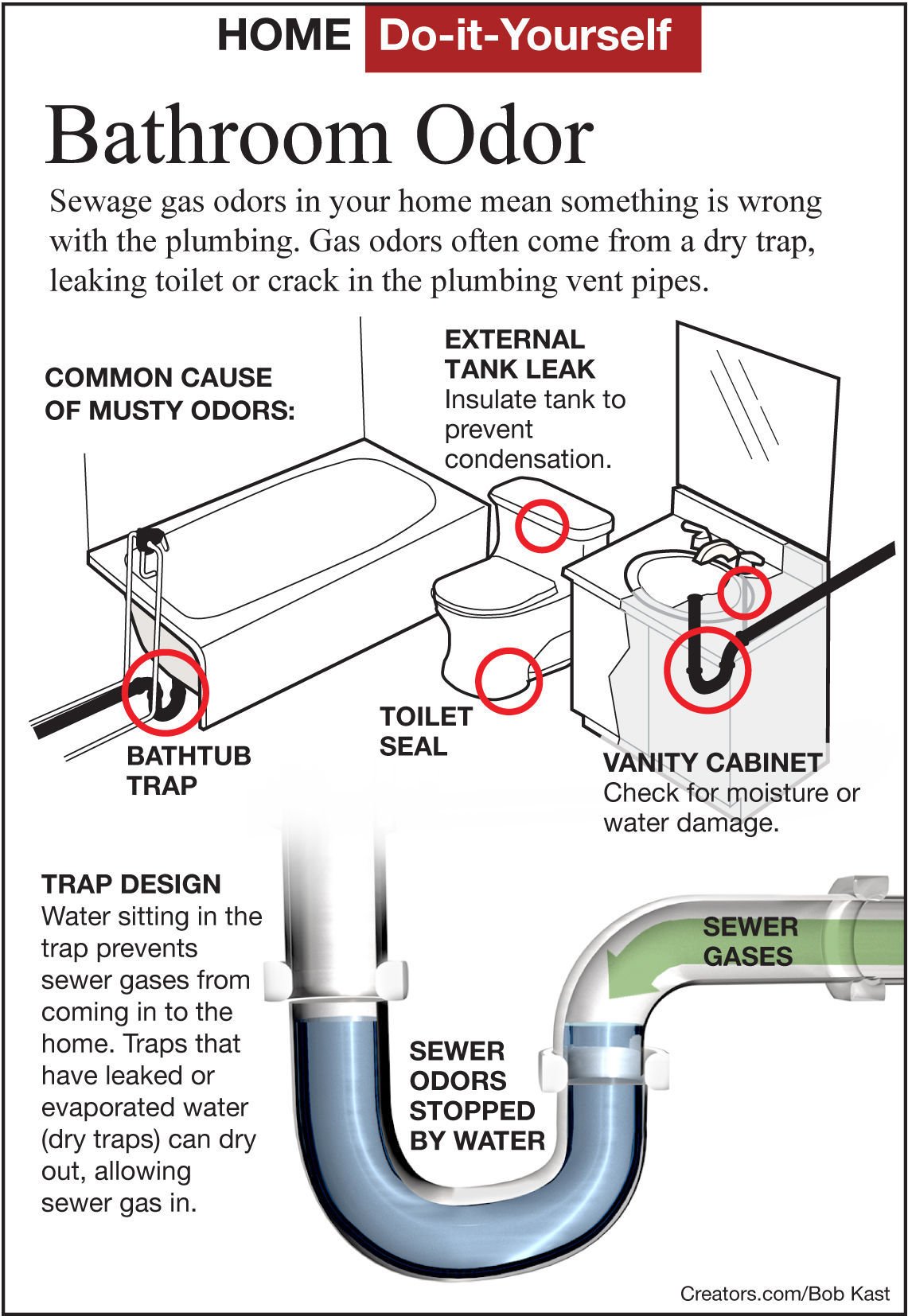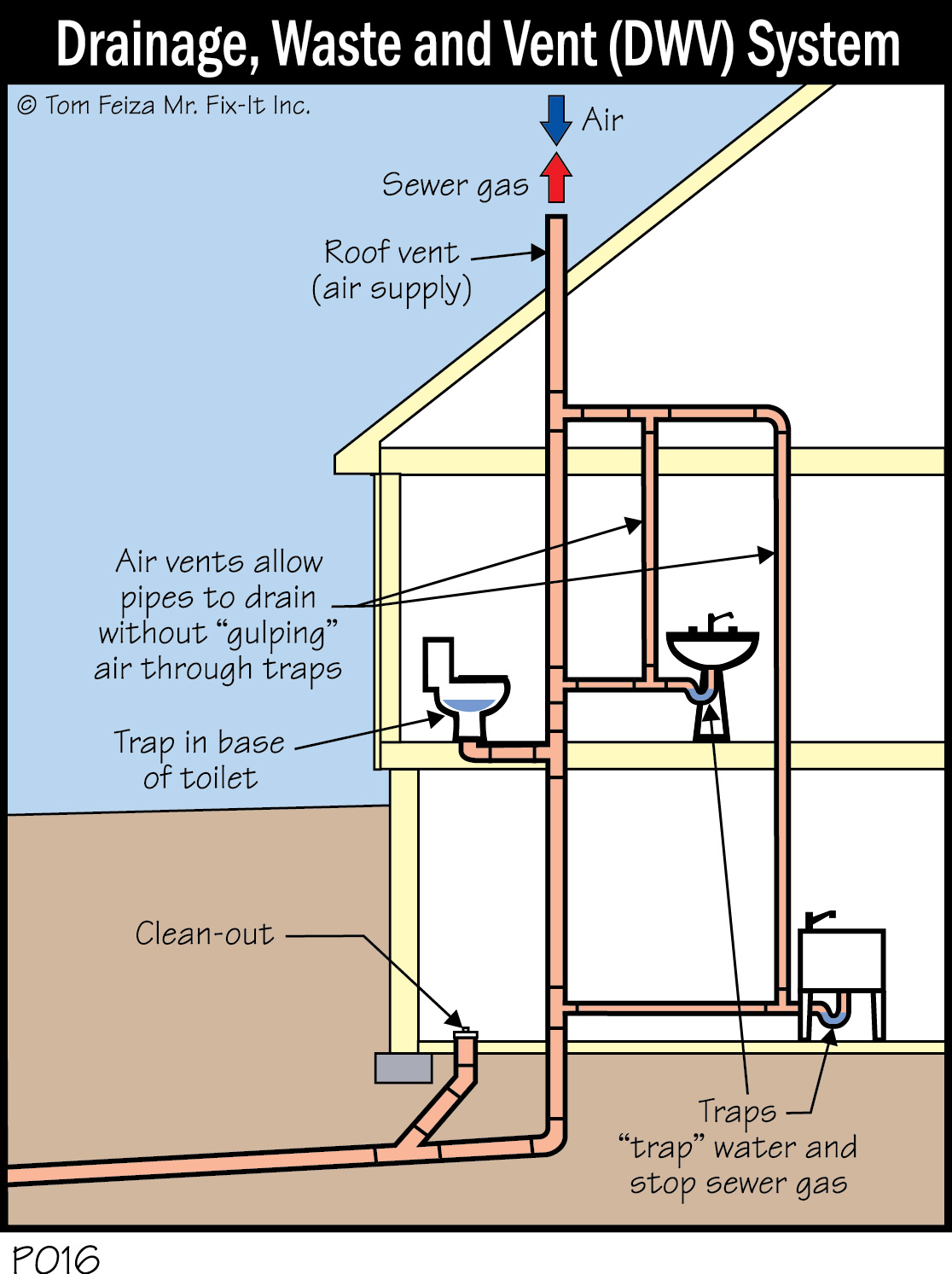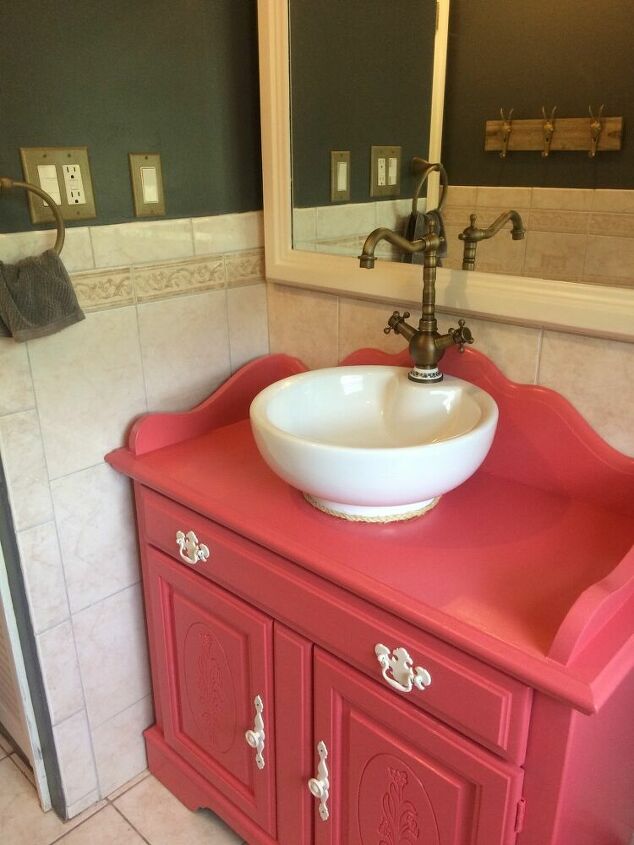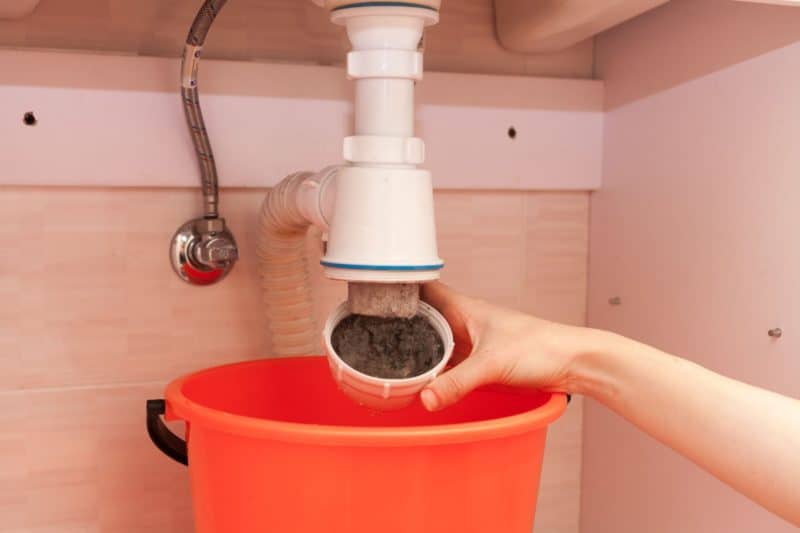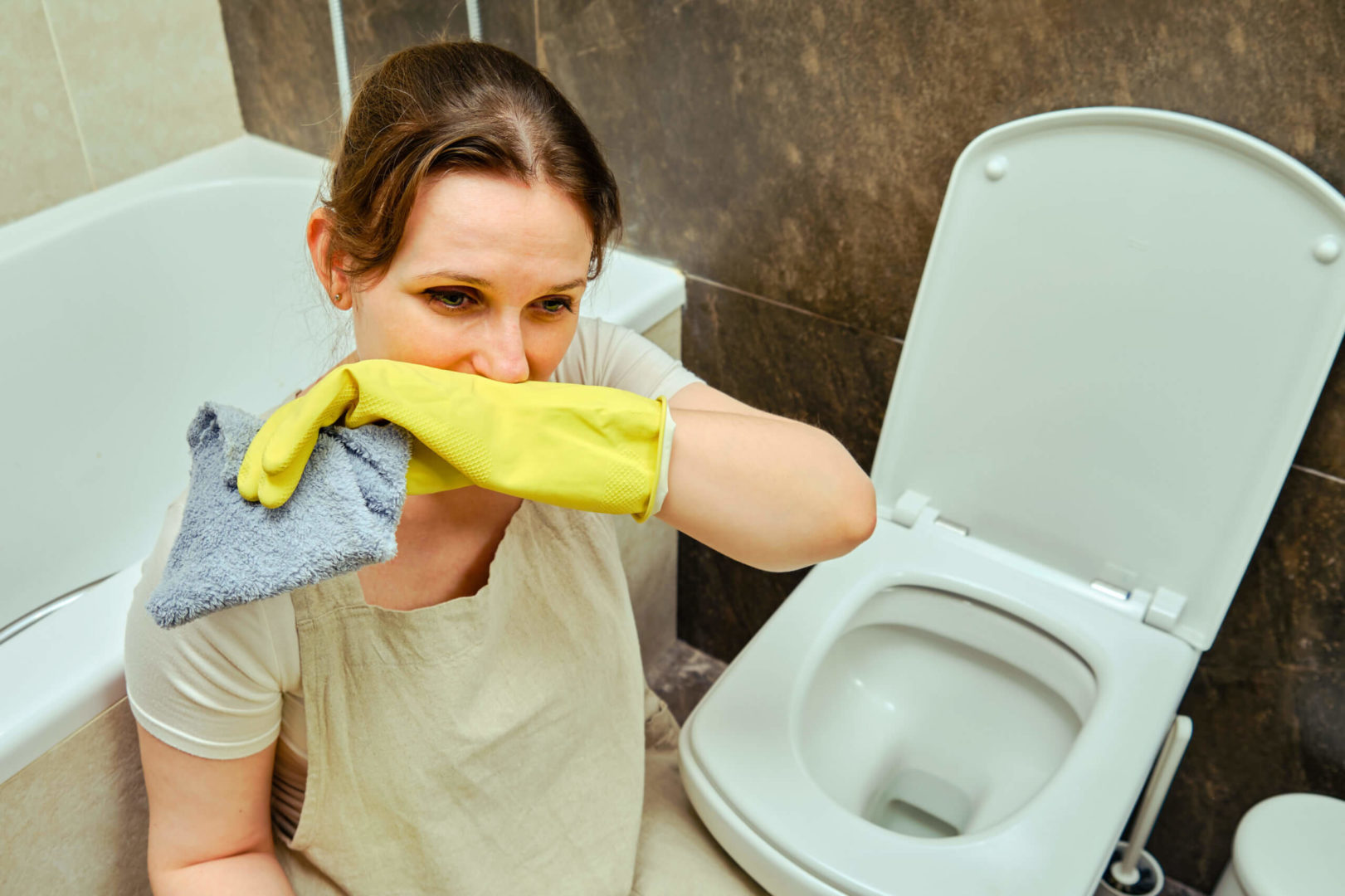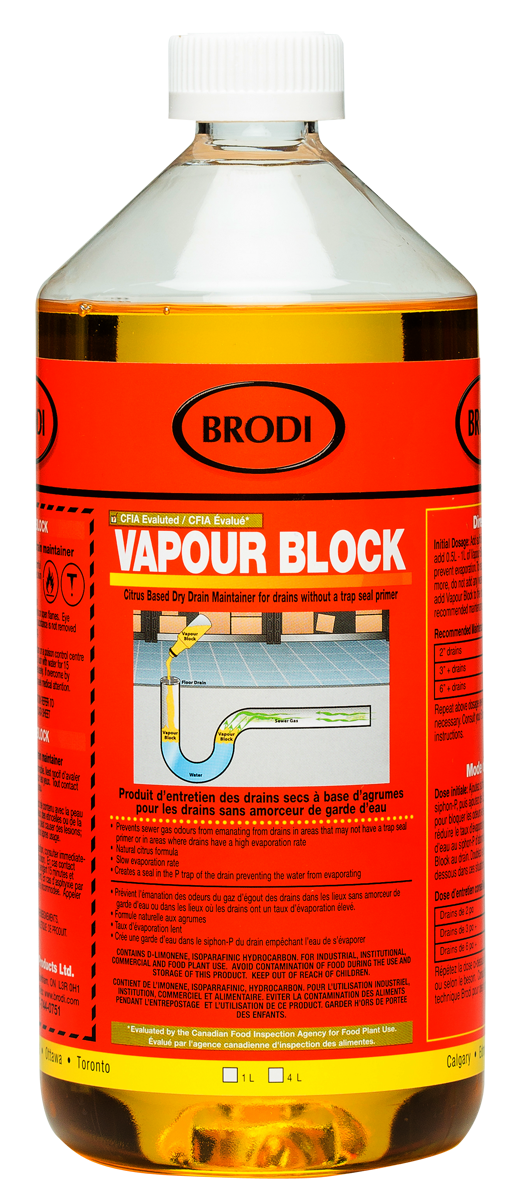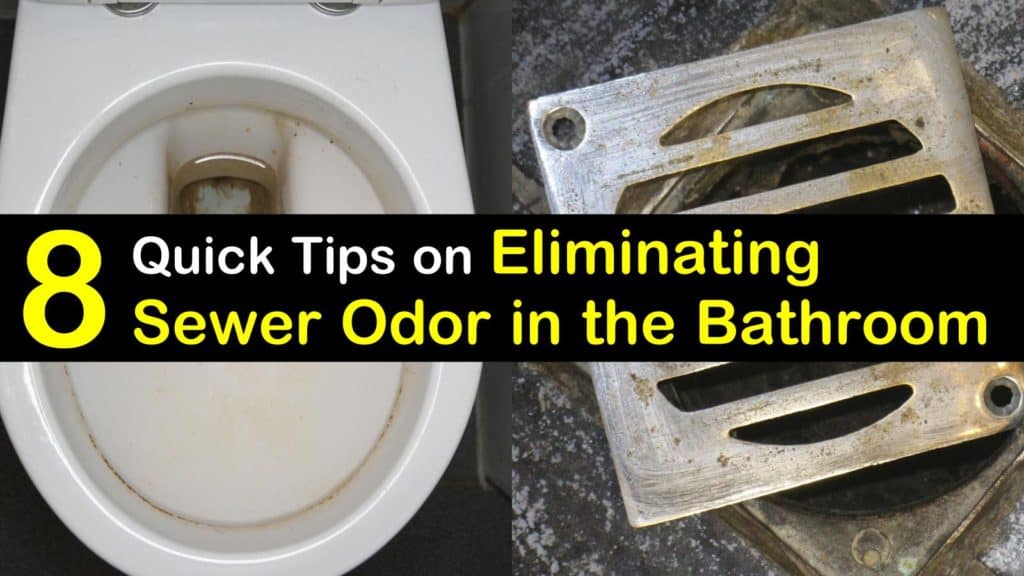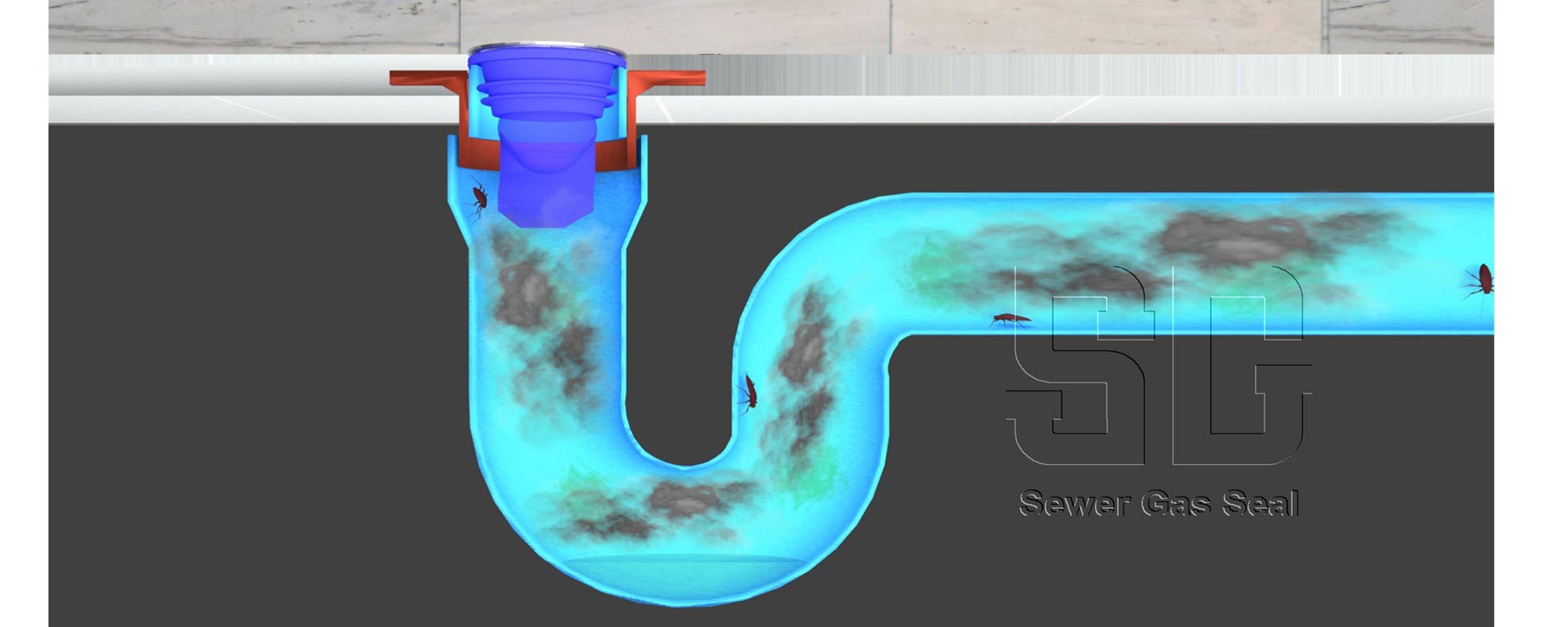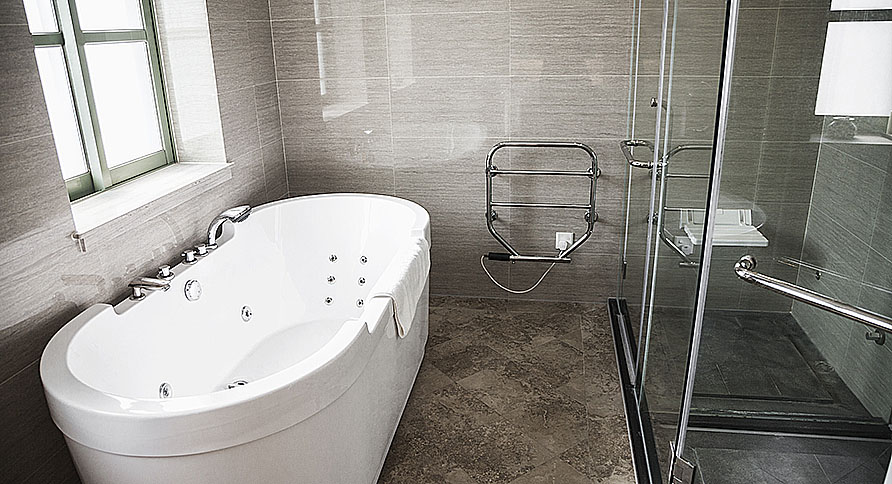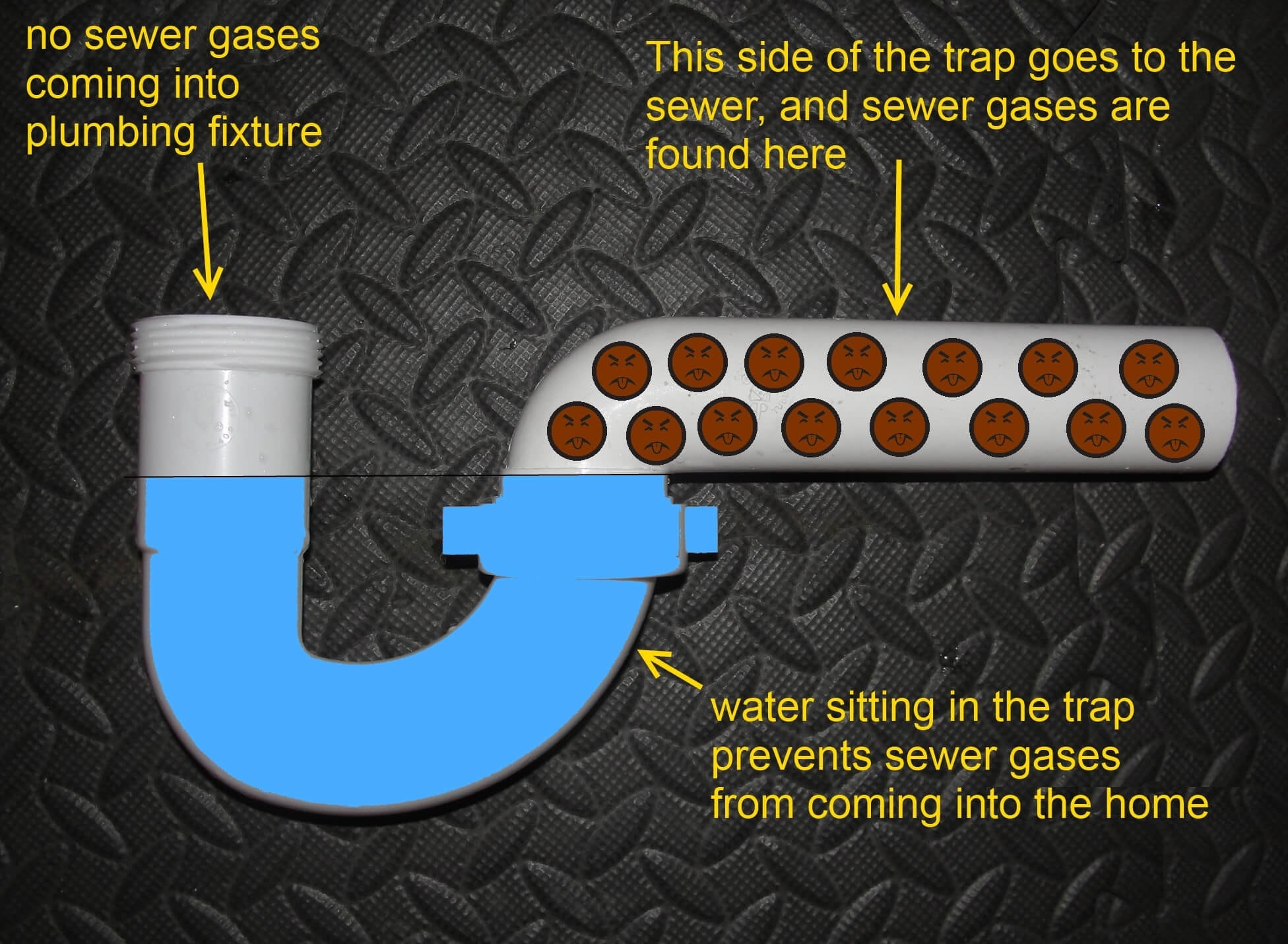Sewage Smell in Bathroom Sink: Causes and Solutions
If you've noticed a pungent sewage smell coming from your bathroom sink, you're not alone. This unpleasant odor can be a common problem for many homeowners, but thankfully, it's not something you have to live with. By understanding the causes and implementing the right solutions, you can eliminate this issue once and for all.
How to Get Rid of Sewer Smell in Bathroom Sink
Before we dive into the solutions, it's important to understand what causes the sewage smell in your bathroom sink. In most cases, this odor is a result of a blockage in your plumbing system. When your pipes are clogged, the wastewater can't flow freely, leading to stagnant water and the release of a foul smell.
Another common cause of sewage smell is a dried-out P-trap. The P-trap is a U-shaped pipe located under your sink that is designed to hold a small amount of water to prevent sewer gas from entering your home. If the water in the P-trap evaporates, it can no longer block the gas, resulting in a strong odor.
Sewage Smell in Bathroom Sink: What It Means and How to Fix It
If you're dealing with a sewage smell in your bathroom sink, the first step is to identify the cause. Start by checking for any visible blockages in the pipes under your sink. If you can't see anything, it's likely a deeper clog in your plumbing system that will require professional assistance to remove.
To fix a dried-out P-trap, simply pour a cup of water down the sink to refill the trap. If the smell persists, you may need to call a plumber to ensure there are no other issues causing the smell.
How to Eliminate Sewer Odor in Bathroom Sink
Aside from addressing the underlying cause, there are a few other things you can do to eliminate sewer odor in your bathroom sink. One of the most effective solutions is to regularly clean your sink and drain with a mixture of hot water and vinegar. This will help to break down any grease or grime that may be contributing to the smell.
You can also try pouring a cup of baking soda down the drain, followed by a cup of vinegar. Let the mixture sit for a few minutes before rinsing it with hot water. This natural solution can help to eliminate any lingering odor and keep your sink smelling fresh.
Sewage Smell in Bathroom Sink: Common Causes and Solutions
As mentioned before, the most common cause of sewage smell in bathroom sinks is a clogged or dried-out P-trap. However, there are a few other potential causes that are worth mentioning. These include cracked or damaged pipes, a blocked vent pipe, or a damaged sewer line. If you suspect any of these issues may be the cause of the smell, it's best to call a professional plumber for assistance.
How to Stop Sewer Gas from Coming Up Through the Sink
One of the best ways to prevent sewer gas from coming up through your bathroom sink is to regularly clean and maintain your plumbing system. This includes keeping your sink and drain clean, as well as using a drain cover to catch any hair or debris that may contribute to clogs.
Additionally, it's important to properly vent your plumbing system to prevent pressure build-up and the release of sewer gas. If you notice any unusual smells or issues with your plumbing, it's best to address them quickly to prevent further damage.
Sewage Smell in Bathroom Sink: How to Identify and Fix the Problem
Identifying and fixing the problem of sewage smell in your bathroom sink may require a combination of DIY solutions and professional assistance. If you're unable to locate or fix the issue on your own, it's best to call a plumber who has the knowledge and tools to properly diagnose and address the problem.
In some cases, the issue may be more complex and require the replacement of pipes or other components. While this may be a more costly solution, it will ultimately eliminate the sewage smell and prevent any potential health hazards.
How to Get Rid of Sewer Smell in Bathroom Sink: Tips and Tricks
Aside from the solutions mentioned above, there are a few other tips and tricks that can help to get rid of sewer smell in your bathroom sink. These include regularly flushing your drains with hot water, using enzyme-based drain cleaners to break down organic matter, and avoiding pouring grease or oil down your sink.
It's also a good idea to have your plumbing system inspected and maintained by a professional plumber at least once a year. This can help to catch any potential issues before they become major problems and prevent unpleasant odors from occurring.
Sewage Smell in Bathroom Sink: Possible Causes and How to Fix Them
If you're still struggling with a sewage smell in your bathroom sink, there may be other underlying causes that require attention. Some of these include a damaged or malfunctioning septic tank, a damaged sewer line, or a buildup of debris in your main sewer line. In these cases, it's best to call a professional plumber to properly diagnose and fix the problem.
How to Prevent Sewer Smell in Bathroom Sink
Preventing sewer smell in your bathroom sink starts with regular maintenance and proper usage habits. This includes keeping your sink and drain clean, avoiding pouring harmful substances down the sink, and addressing any plumbing issues promptly. It's also important to have your plumbing system inspected and maintained regularly to catch any potential issues before they turn into major problems.
Why Does Your Bathroom Sink Smell Like Sewage and How to Fix It

The Unpleasant Odor in Your Bathroom
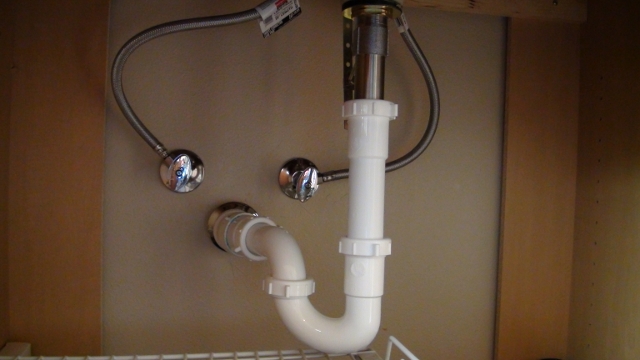 Do you often get hit with a strong sewage smell when you walk into your bathroom? Does it seem to be coming from your sink? If so, you are not alone. Many homeowners experience this unpleasant odor, and it can be quite off-putting. Not only does it make using your bathroom uncomfortable, but it can also be embarrassing if you have guests over. But what is causing this smell and how can you get rid of it?
Sewage Smell in Your Bathroom Sink
The main culprit of the sewage smell in your bathroom sink is most likely a blocked or damaged drain. The sink's drain is responsible for carrying water and waste away, but if it becomes clogged or damaged, it can lead to a buildup of bacteria and organic matter. As this matter decomposes, it releases a foul odor, hence the sewage smell in your bathroom.
Other Causes of Sewage Smell
Aside from a blocked or damaged drain, there are other reasons why your bathroom sink may have a sewage smell. If your sink has a washing machine hose connected to it, there may be a blockage or leak in the hose, causing the sewage smell. Another potential cause is a dried-out P-trap. The P-trap is a U-shaped pipe under your sink that holds a small amount of water to block sewer gases from entering your home. If this water evaporates, it can cause a sewage smell.
Do you often get hit with a strong sewage smell when you walk into your bathroom? Does it seem to be coming from your sink? If so, you are not alone. Many homeowners experience this unpleasant odor, and it can be quite off-putting. Not only does it make using your bathroom uncomfortable, but it can also be embarrassing if you have guests over. But what is causing this smell and how can you get rid of it?
Sewage Smell in Your Bathroom Sink
The main culprit of the sewage smell in your bathroom sink is most likely a blocked or damaged drain. The sink's drain is responsible for carrying water and waste away, but if it becomes clogged or damaged, it can lead to a buildup of bacteria and organic matter. As this matter decomposes, it releases a foul odor, hence the sewage smell in your bathroom.
Other Causes of Sewage Smell
Aside from a blocked or damaged drain, there are other reasons why your bathroom sink may have a sewage smell. If your sink has a washing machine hose connected to it, there may be a blockage or leak in the hose, causing the sewage smell. Another potential cause is a dried-out P-trap. The P-trap is a U-shaped pipe under your sink that holds a small amount of water to block sewer gases from entering your home. If this water evaporates, it can cause a sewage smell.
How to Get Rid of the Sewage Smell
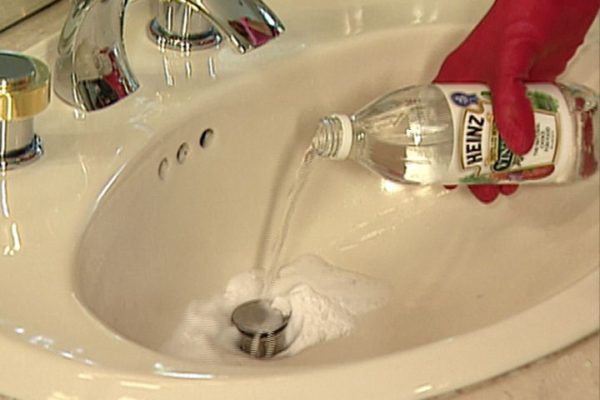 Now that you know the possible causes of the sewage smell in your bathroom sink, it's time to get rid of it. Here are some steps you can take to eliminate the odor:
Clean the Drain
The first step is to clean out any debris or buildup in your drain. You can do this by using a plunger or a drain snake to remove any clogs. Then, pour a mixture of hot water and baking soda down the drain to break down any remaining organic matter.
Check the Washing Machine Hose
If you have a washing machine hose connected to your sink, make sure to check for any blockages or leaks. If you find any, clean or replace the hose as needed.
Fill the P-trap
If the P-trap under your sink is dried out, simply run some water down the drain to fill it up. This should prevent any sewer gases from entering your bathroom.
Now that you know the possible causes of the sewage smell in your bathroom sink, it's time to get rid of it. Here are some steps you can take to eliminate the odor:
Clean the Drain
The first step is to clean out any debris or buildup in your drain. You can do this by using a plunger or a drain snake to remove any clogs. Then, pour a mixture of hot water and baking soda down the drain to break down any remaining organic matter.
Check the Washing Machine Hose
If you have a washing machine hose connected to your sink, make sure to check for any blockages or leaks. If you find any, clean or replace the hose as needed.
Fill the P-trap
If the P-trap under your sink is dried out, simply run some water down the drain to fill it up. This should prevent any sewer gases from entering your bathroom.
Preventing Future Sewage Smells
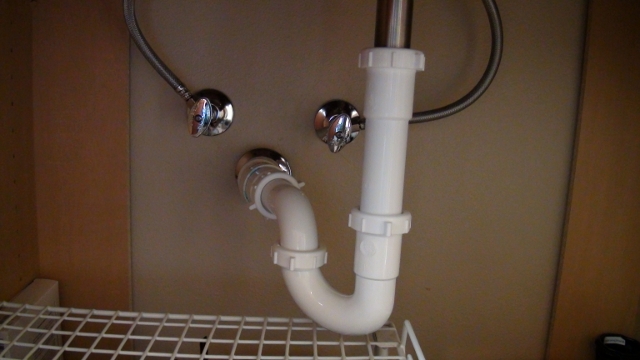 To avoid dealing with a sewage smell in your bathroom sink again, there are some preventative measures you can take. Regularly cleaning out your drain and maintaining your plumbing can help prevent any blockages or damage. You can also pour some baking soda and vinegar down your drain once a month to keep it clean and fresh-smelling.
To avoid dealing with a sewage smell in your bathroom sink again, there are some preventative measures you can take. Regularly cleaning out your drain and maintaining your plumbing can help prevent any blockages or damage. You can also pour some baking soda and vinegar down your drain once a month to keep it clean and fresh-smelling.
Conclusion
 A sewage smell in your bathroom sink can be a nuisance, but it is usually a relatively easy fix. By identifying the cause and taking the necessary steps to eliminate the smell, you can once again enjoy a fresh-smelling bathroom. Remember to regularly maintain your plumbing to prevent any future sewage smells.
A sewage smell in your bathroom sink can be a nuisance, but it is usually a relatively easy fix. By identifying the cause and taking the necessary steps to eliminate the smell, you can once again enjoy a fresh-smelling bathroom. Remember to regularly maintain your plumbing to prevent any future sewage smells.



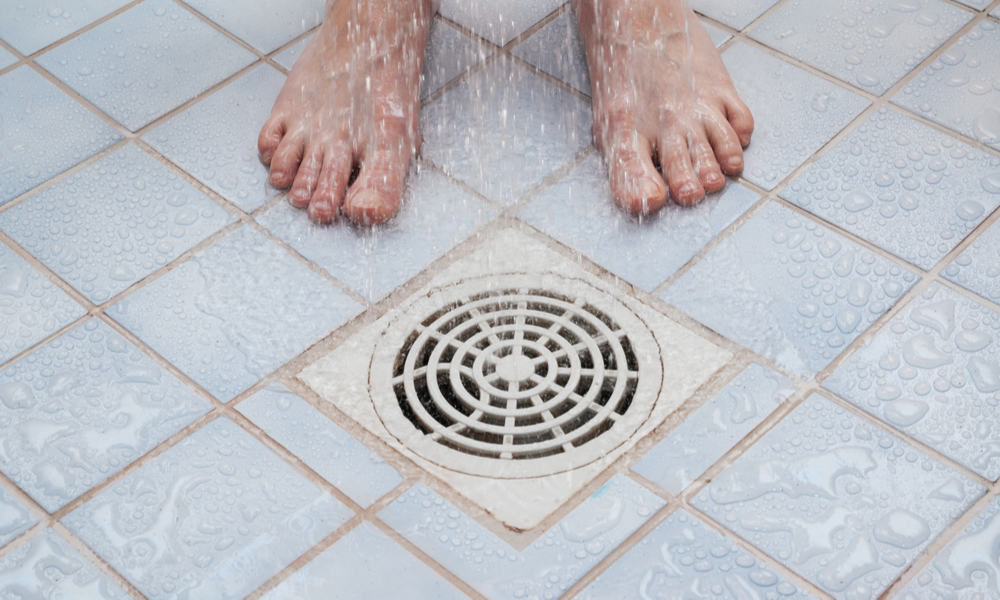

:max_bytes(150000):strip_icc()/sink-pipe-under-wash-basin-119001607-6f28aec4c66944efb7a9a38cb622ab8b.jpg)
